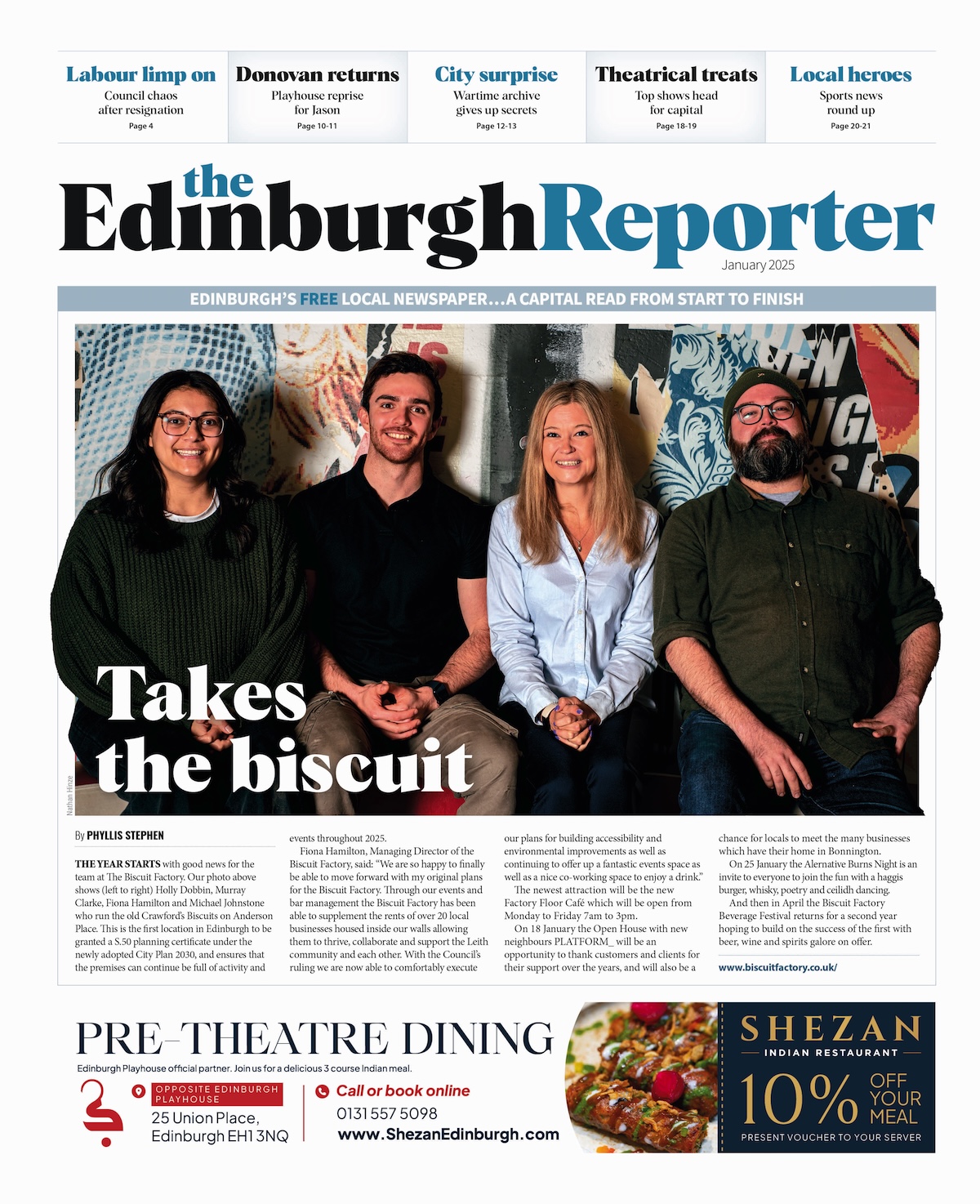 The National Library of Scotland has again been selected to have a collection included in a worldwide online database of cultural merit.
The National Library of Scotland has again been selected to have a collection included in a worldwide online database of cultural merit.
The United Nations Educational, Scientific and Cultural Organization (UNESCO) has selected the John Murray Archive (JMA) as one of the 2011 additions into the UK Memory of the World Register.
In its inaugural year in 2010 the Library had four inclusions in the register including maps from cartographer Timothy Pont and books from Scotland’s first printers Walter Chepman and Andrew Myllar.
The register is a global celebration of heritage, focusing on archive, library items and collections of outstanding universal value, with a remit to promote their merits.
The JMA, which is now permanently housed at the National Library of Scotland following its recent acquisition, is a treasure trove of over 200 years of the Murray firm’s publishing history. Featuring over 250,000 items, the JMA contains letters, manuscripts and business records from over 16,000 people, including some of the greatest writers, politicians, explorers and scientists of the late 18th to the mid 20th centuries. Charles Darwin, Lord Byron, Jane Austen, Sir Walter Scott and David Livingstone are just some of those great names published by the Murray family since 1768.
Martyn Wade, National Librarian and Chief Executive Officer of the National Library of Scotland, said: “To have been included in the register last year was thrilling. To have been included again so soon is recognition of depth and quality of our archives here in Edinburgh. It is especially pleasing that the John Murray Archive has been selected for the register following our recent acquisition of the collection and our commitment to make it accessible to the nation.”
The UK Memory of the World Register was established last year with the aim of highlighting some of the UK’s lesser-known items of historical interest by awarding them with the globally-recognised Memory of the World status.
David Dawson, Chair of the UK Memory of the World Committee, said: “We were incredibly impressed by the diversity and richness of these nominations to the register.”
The Bank of Scotland Archives and Lothian Health Services Archive on Aids/HIV were also selected by UNESCO.











